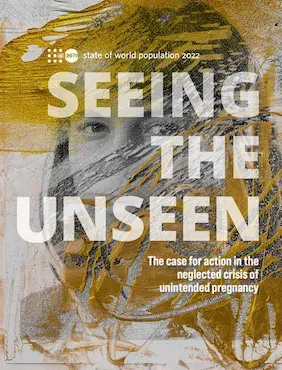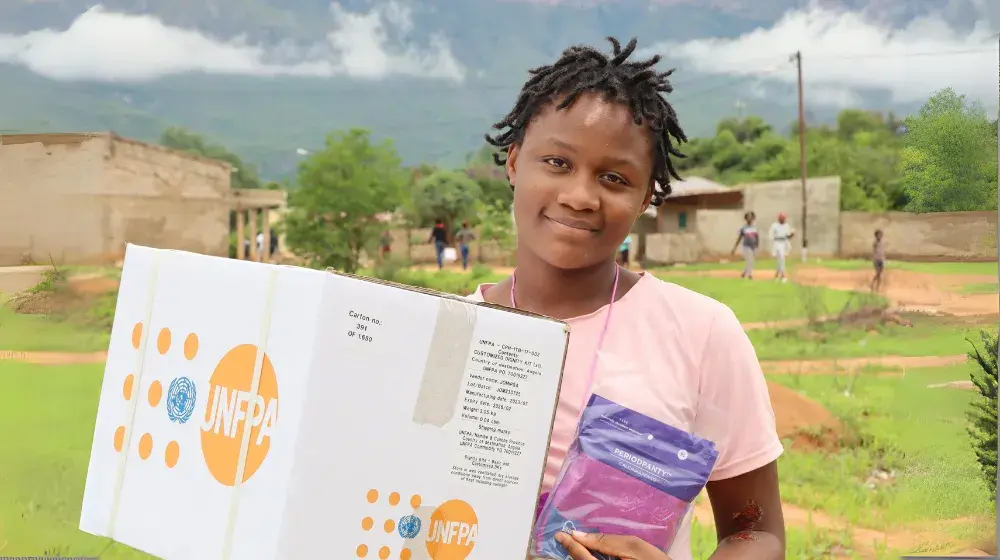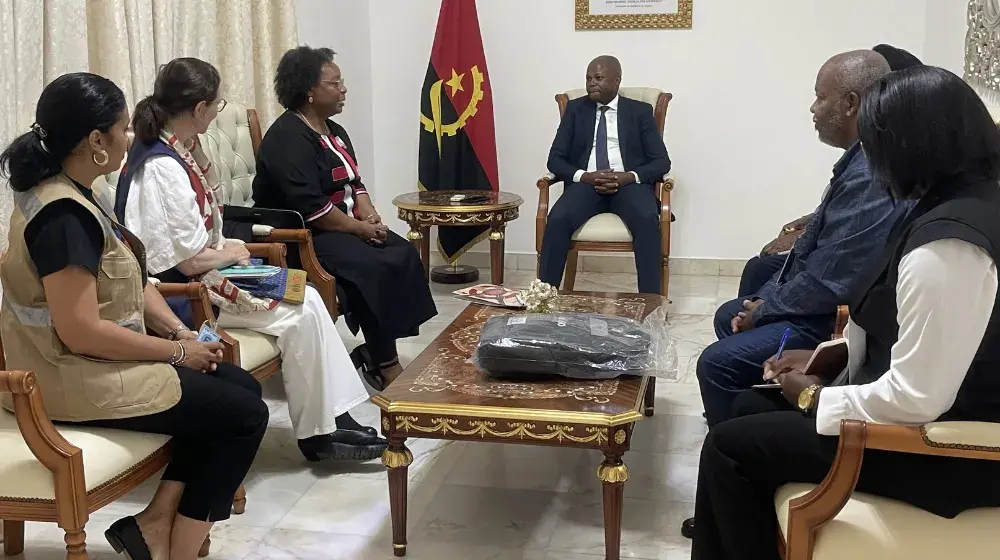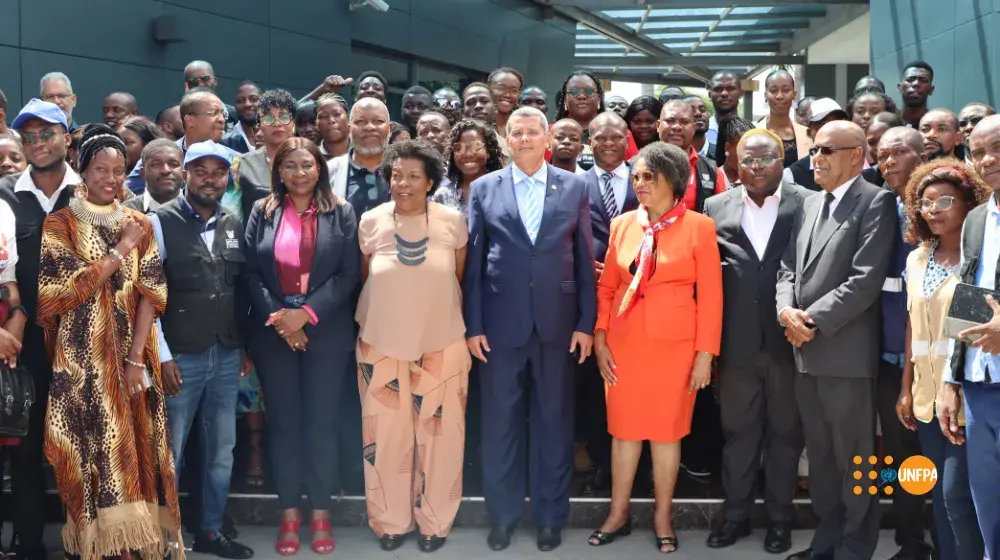Half. That’s the share of all pregnancies that are unintended. What does this say about our values, our priorities – our future? Nothing is more fundamental to bodily autonomy than the ability to decide whether or not to become pregnant. Yet for too many, the most life-altering reproductive choice is no choice at all. Women are more likely to experience an unintended pregnancy when they have fewer choices and less power.
An unmarried woman or girl with an unplanned pregnancy is often seen as having “loose morals”, or dismissed as “irresponsible.” For many the shame attaches not just to her, but to her family as well. What about married women with unintended pregnancies? People too often assume they want to get pregnant, or that they are, at least, able to handle it. This is an erasure of their desires and choices.
Contraception is the most obvious way to prevent an unintended pregnancy. And while all methods can fail or be used incorrectly, the biggest issue by far is people not being able to get the contraception that they need, when they need it. Family planning programmes have made huge strides in opening up access to and information on contraceptives – but there’s still far to go. To reach those left behind, these programmes need to tackle stigma, misinformation, health provider training, comprehensive sexuality education and gender inequality head on.
Once robbed of the chance to choose whether or not to become pregnant, women and girls see other opportunities dwindle. Their mental health can suffer. When births are unintended, they often lead to worse health outcomes. Pregnant girls are often forced to get married or give up on school. Many women are pushed out of their jobs simply because they are pregnant. For others, it can become much harder to free themselves from an abusive relationship. The slide into poverty can be steep and swift, with poorer nutrition and less schooling following close behind.
We must reframe the conversation, calling on our policymakers, our communities and our partners to prioritize bodily autonomy. Rather than blaming and shaming women and girls for an unintended pregnancy, they should be battling to ensure women and girls are empowered to prevent these pregnancies in the first place.
Speak out. Share your knowledge. Stand up for your rights and those of others. Doing so will bring us closer to a world in which every pregnancy is wanted and every person enjoys the full realization of their rights and potential.





